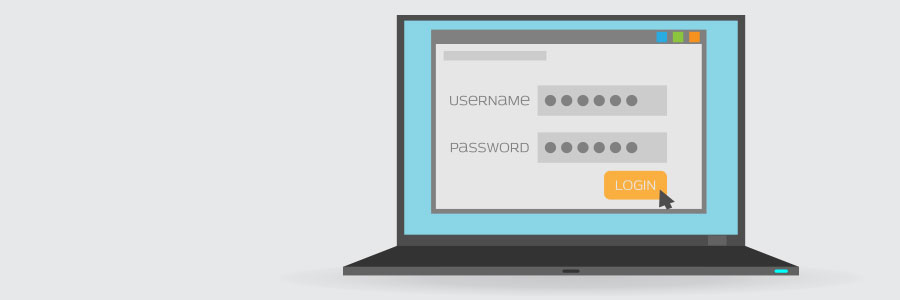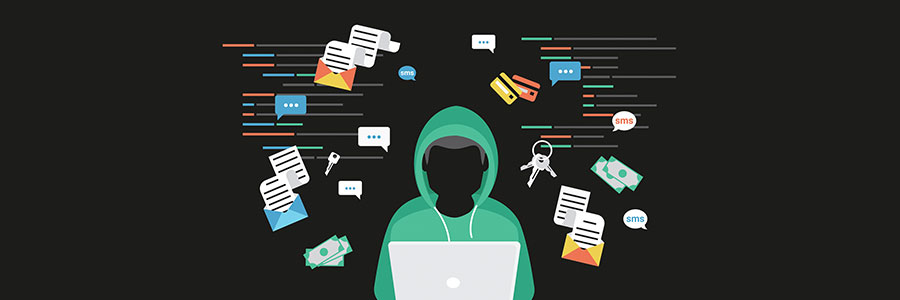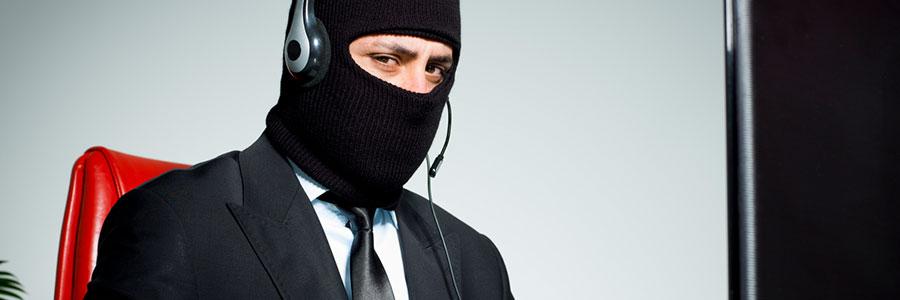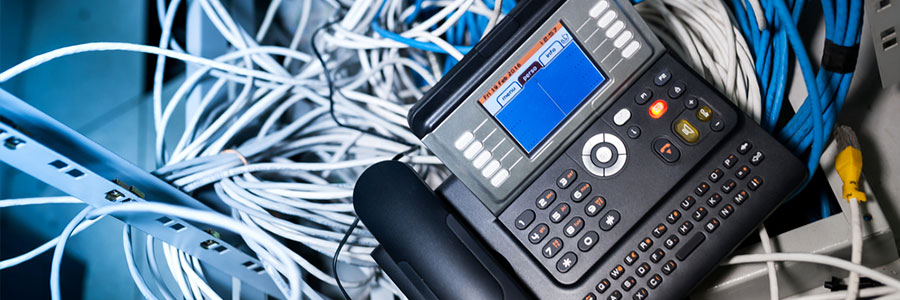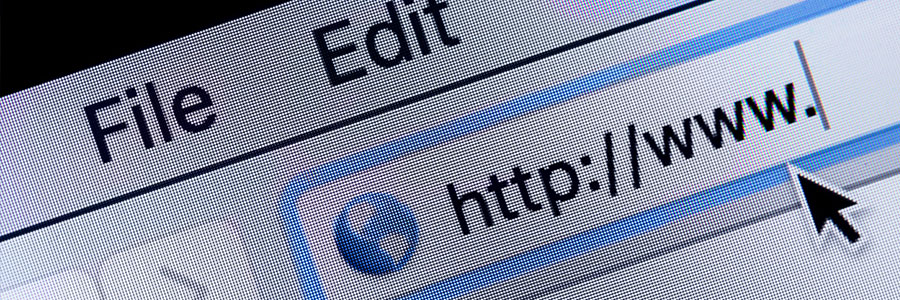Many people use auto-fill passwords for their convenience. What you might not know is that hackers and advertisers can use them to get access to websites and other applications and gather sensitive information. Learn more about the risks of using autocomplete passwords.
Why autocomplete passwords are risky
3 Hacker types you need to know about
What you need to know about VoIP phishing
Office 365 hacking: What you need to know
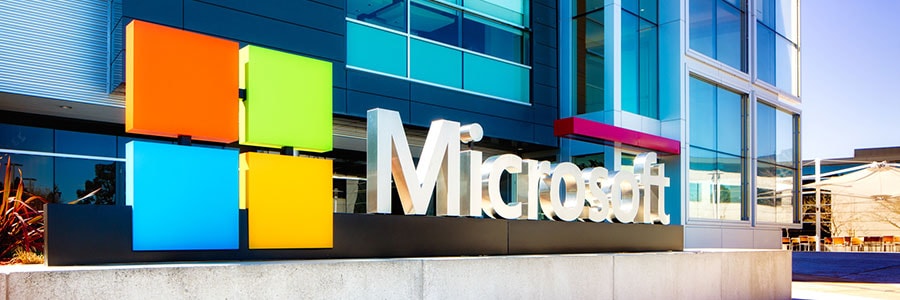
With over 150 million active subscribers, Office 365 is, unsurprisingly, on top of hackers’ minds. And now, hackers are using a technique that doesn’t even require users to give up their credentials. Learn how they do it and get protected.
A phishing scam that harvests users’ credentials
The latest cyberattack on Microsoft Office 365 involves harvesting users’ credentials.
Mitigating cybersecurity insider threats
Nasty malware can bypass Windows 10 security
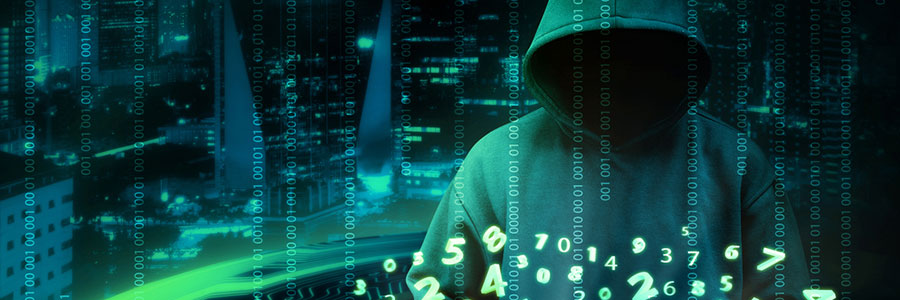
Researchers have discovered a type of malware that can easily bypass the security protocols of Windows 10. This malware is a new variation of ransomware called Snatch, and it comes with an added data stealer component. Designed to target corporate networks rather than consumers, Snatch has been modified to reboot your PC in Safe Mode to disable any security programs from initiating.
TDoS: An attack on VoIP systems
Which web browser is the safest?
No ransom: A place for free decryption

We’ve gotten so caught up discussing ransomware prevention with our clients that we’ve neglected to mention that several strains have already been defeated. In fact, there’s a decent chance you can actually decrypt all your data for free. Make sure to check these free resources before responding to a cyberattacker’s demands.
How to keep your data safe and secure
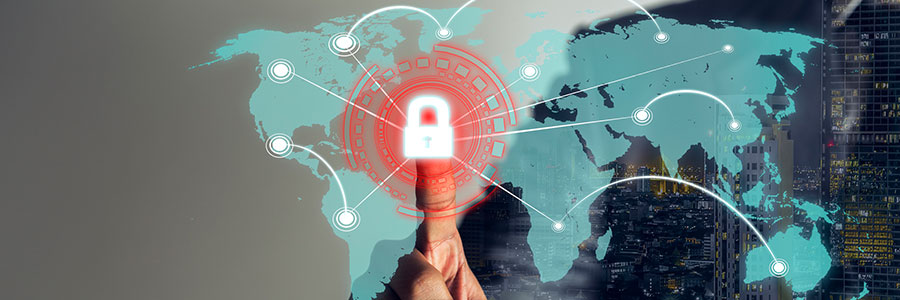
Most business owners are too busy running their respective offices to be concerned about optimized security settings and other technical matters. To spare them the agony of deciphering IT jargon, here are three easy ways to prevent data theft.
Cover your webcam
If Facebook founder Mark Zuckerberg, former FBI Director James Comey, and National Security Agency whistleblower Edward Snowden all believe their webcams could be compromised, there’s no reason you should feel safe.

